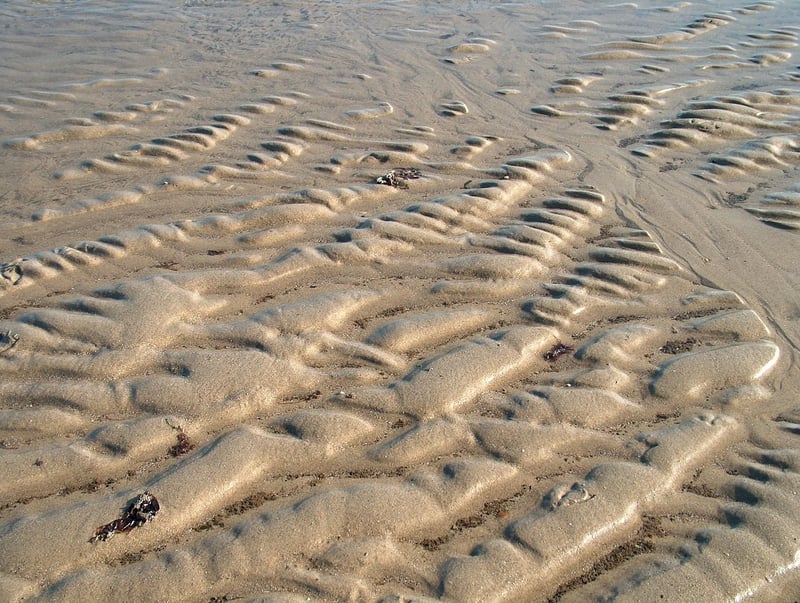Future Exploration
Exploring Different Eras and Future Exploration
Introduction
Exploring different eras and the concept of future exploration has always been a fascinating topic for many. From ancient civilizations to the space age, humanity has continuously pushed the boundaries of knowledge and discovery. Let's delve into the various eras of exploration and look ahead to what the future may hold.
Ancient Era: The Age of Discovery
In ancient times, exploration was driven by a thirst for knowledge and a desire to expand territories. The Age of Discovery saw explorers like Christopher Columbus and Vasco da Gama embark on voyages to discover new lands and trade routes, leading to the globalization of the world.

The Age of Exploration: 15th to 17th Century
During the Age of Exploration, European powers like Spain, Portugal, and England sent expeditions to discover new lands, leading to the colonization of the Americas and other parts of the world. This era marked significant advancements in navigation and cartography.

The Space Age: 20th Century
The 20th century ushered in the era of space exploration, with milestones like the moon landing and the launch of satellites. Countries like the USA, Russia, and more recently, private companies like SpaceX, have been at the forefront of space exploration, expanding our understanding of the universe.

Future Exploration
Looking ahead, the future of exploration holds exciting possibilities. Advancements in technology, such as AI, robotics, and virtual reality, are paving the way for new frontiers to be explored. From Mars colonization to deep-sea exploration, the future promises to be filled with awe-inspiring discoveries.
Conclusion
Exploration has been a driving force in human history, shaping our understanding of the world and beyond. As we reflect on the different eras of exploration and look towards the future, one thing remains certain - the spirit of discovery will continue to propel us forward into new realms of knowledge and adventure.
